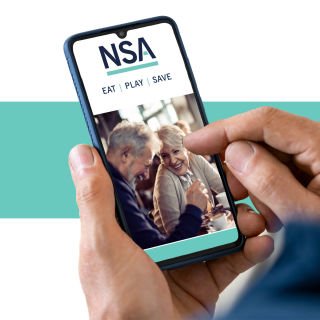Nurses may soon prescribe some medicines
This change may make things easier for patients, but some doctors are warning of safety risks.

In a move that’s being promoted as improving our access to affordable healthcare, qualified nurses can now prescribe some medications in partnership with an authorised health practitioner.
Registered nurses (RNs) will be able to qualify through new training programs in a change that is designed to address critical shortages in the primary healthcare workforce.
But don’t expect to see many qualified nurses to be available in the short term. The first cohort of graduates from these qualifying programs isn’t expected until mid-2026.
To qualify for the endorsement, nurses must:
- Hold current general registration as a registered nurse
- Demonstrate at least three years’ full-time clinical experience post-initial registration
- Complete a Nursing and Midwifery Board of Australia-approved postgraduate qualification or equivalent units of study leading to endorsement for scheduled medicines as a designated RN prescriber.
The registered nurse will then need to establish a formal partnership with an authorised health practitioner, such as a medical doctor. That partnership will involve an agreement that details the circumstances in which the nurse can prescribe drugs.
This is a major change to our health system because until now only medical doctors, dentists, optometrists, some pharmacists, nurse practitioners, and endorsed midwives were permitted to prescribe.
Despite some doctors cautioning against the change and even opposing it, the Australian College of Nursing says it will “free up time in a GP’s workload”.
Frances Rice, chief nursing officer at the college, said, “A good example would be a person who is stable on medication that they’ve been on for a long period of time and may need a repeat prescription.
“Depending on the medication that they’re on and the prescribing agreement… [the registered nurse] could be the one to do the prescription, instead of needing to… make an appointment to see the GP.”
She said there were potentially tens of thousands of nurses who would meet the criteria to complete the program.
She expected “several hundred” RNs to complete the course in the first year, adding that “it could grow significantly from there”.
Once qualified, RNs can prescribe many of the same drugs as a GP, including Schedule 8 “controlled drugs” such as morphine, fentanyl, and oxycodone.
The Australian Medical Association is broadly supportive of the initiative but wants more restrictions around these dangerous medications and other drugs of dependence.
The Royal Australian College of GPs (RACGP) wants to see changes to the Medicare Benefits Schedule so vaccinations in general practice can be administered by a credentialled nurse without direct GP supervision.
"Good primary healthcare is coordinated, collaborative, and continuous. If not properly coordinated under GP supervision, extending scope of practice can lead to confusion, unsafe prescribing or treatment, and duplication of services," RACGP president, Dr Michael Wright, cautioned.
Registered nurse, Rebecca Manski, told ABC News that prescriber nurses would not be working in isolation.
“This isn’t a nurse going and doing something independently,” she said. “They’re still going to be working collaboratively with the team around them."
Related reading: Nursing Midwifery Board, ABC
*The discount applies to the total National Seniors travel insurance premium and is for National Seniors Australia members only. Discounts do not apply to the rate of GST and stamp duty or any changes you make to the policy. nib has the discretion to withdraw or amend this discount offer at any time. This discount cannot be used in conjunction with any other promotional offer or discount
National Seniors Australia Ltd ABN 89 050 523 003, AR 282736 is an authorised representative of nib Travel Services (Australia) Pty Ltd (nib), ABN 81 115 932 173, AFSL 308461 and act as nib's agent and not as your agent. This is general advice only. Before you buy, you should consider your needs, the Product Disclosure Statement (PDS), Financial Services Guide (FSG) and Target Market Determination (TMD) available from us. This insurance is underwritten by Pacific International Insurance Pty Ltd, ABN 83 169 311 193.
















